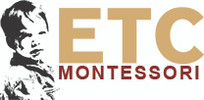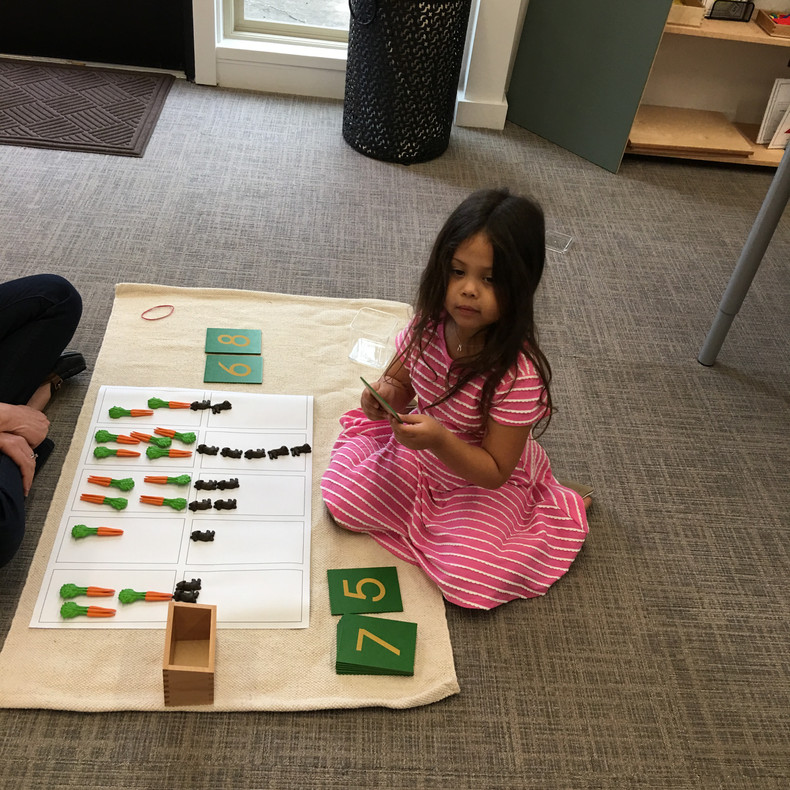
The delightful thing about being a classroom teacher is that every year we get to begin again. Let’s face it, who doesn’t get a certain pleasure when we see the school accessories go on sale in our local big-box store? Rethinking our shelves and classroom layout, deciding what materials are placed in which container, and implementing a new way to handle transitions are all part of the process. The same can be said for our students as they begin to gear up for the new school year. They are excited about returning to their classroom, seeing old friends, and learning new things.
Nonetheless, I am often asked how to motivate these same children and I think it has something to do with what I have witnessed in classrooms lately. I observe teachers assessing students at the start of the school year, but following their assessment spend far too much time reviewing (2-3 weeks!) what children have already mastered the previous year. I am puzzled, why is this happening? If the child was in the teacher’s class last year, shouldn’t she know what was presented to the child? Or if the teacher is new to the classroom there should be records delineating what the child has already been presented. Of course, I do know the difference between “should be” and what actually exists, so let’s assume, that for whatever reason, the teacher must start from the very beginning. The beauty of the Montessori materials is that they can actually be used as diagnostic tools. Moreover, a concept is not presented to the child with just one piece of material. There are multiple materials that illustrate the concept from multiple perspectives and these allow children to review concepts in a wide variety of ways.
Say for example that you wish to assess if the child remembers the association of numbers from 1-10 with their quantities, or if they can add four digit addends. I see many teachers start at the beginning of a conceptual sequence instead of assessing at the end of the sequence. Perhaps it has to do with our avoidance of the perceived act of failure. In other words, if the child was not successful in the assessment phase, perhaps the child may feel like they have failed. I personally do not feel this way, possibly because I believe that the child actually does remember the concept, she just may not be able to perform the action upon the first request.
To me it’s a little like driving a car. I was taught to drive in England with a stick-shift. Remove the idea that driving on the “other side of the road” is no longer difficult for me, I do have to admit it has been a while since I have had to coordinate both feet on the pedals while shifting gears. Nonetheless, I am still able to drive a stick-shift without grinding the gears, given a few minutes to warm up.
It has to do with the sensorial input that occurs during learning. At first, the brain gives a lot of attention to learning a new skill –this is the second period in learning; but as the skill is developed, less attention is given to the actual process of learning. The tracks have been myelinated and the process has become automatic- the third period. Now imagine that my brain has spent time (over the summer) learning other things. Why would I be able to automatically jump back into using a stick-shift without going through the physical process of depressing the clutch, manipulating the gears, and familiarizing myself with the process, before I turn on the engine? Isn’t it the same for children reviewing a previously learned concept? Instead of asking the child to repeat the presentation perfectly, we should be asking them what they remember and move on from there. Just as I have to physically depress the clutch and go through the gear patterns before turning on the engine, shouldn’t the child be able to go through the physical “priming” before being asked to perform?
The difference between knowing something and being assessed on any skill at a specific time is analogous to any test---it depends on how you ask the question. Perhaps the first thing we should request is, “Show me what you remember about doing this work.” Of course, you may get the answer “Nothing”, but that doesn’t actually mean the child remembers nothing! Ask them to lay it out, and watch what they do. Chances are they will be able to replicate the layout with acceptable precision. “What do you think we should do next?” Probe the child with your questions to replicate the procedure, and continue this through the entire process. If you judge that the child has approximately 80% of the content, move on to the next presentation. If the curriculum has been designed correctly, the missing 20% is almost always reviewed in the next piece of work, or at the very least you can bring it to the child’s attention in your next presentation.
Children are excited about learning new things at the beginning of the school year. Why would we dampen their enthusiasm by asking them to repeat activities that they have mastered last year? We are so fortunate in our classrooms to have a variety of materials that teach concepts in multiple ways. Let’s use those other materials to stimulate our children’s minds at the beginning of the year, instead of regurgitating previous lessons. I think this is how we motivate children. Let’s keep the enthusiasm that both teachers and children share when we have new beginnings.
Ms. Erika Ohlhaver is the Curriculum Coordinator for ETC Montessori Montessori, the Educational Director for Gulf Coast Montessori Teacher Education Center, and past Chair Person for the AMS Montessori Life Magazine Editorial Advisory Board. She may be reached at eohlhaver@edutc.com for comments and questions. She often contributes articles, in various publications, on the methodology of Montessori education, consults, and conducts workshops and seminars detailing the implementation of Montessori curriculum in the classroom.

